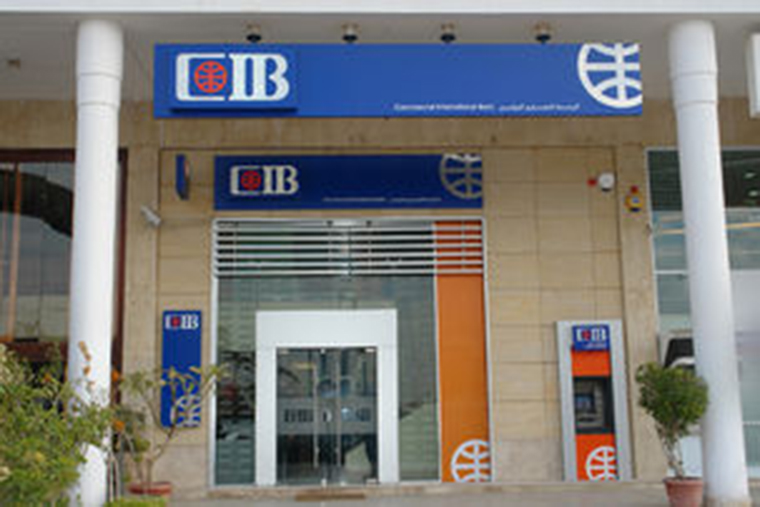Published: May 20, 2014
Actis has successfully divested its 6.5% stake in Egypt's Commercial International Bank.
Emerging markets-focused private equity firm Actis has successfully exited Egypt’s Commercial International Bank (CIB). The firm has sold its remaining 6.5% stake to Fairfax, a Canada-based financial holding company, for a 2x return in dollar terms, according to Hossam Abou Moussa, one of Actis’ directors.
Actis invested in Egypt’s leading bank in 2009, becoming its largest shareholder through the US$244mn purchase of a 9.1% stake. In March this year it divested 2.6% of this holding to international investors before completing its exit in the block share sale yesterday (Monday May 19).
“We feel we’ve approached the end of our journey five years in and realised a 100% dollar return on our investment,” Moussa tells EMEA Finance. “We believe this is very rewarding given the size of the investment and, of course, the macro picture. It’s quite an interesting case study of how you can make money in a sector and a market where you wouldn’t have guessed [it was possible].”
Actis’s stake in CIB was purchased just as the global recession began to take hold, yet the bank continued to perform well. The political and economic shock of the Arab Spring and two Egyptian revolutions only temporarily halted its progress – net profit took a 20.1% hit in 2011 but rebounded strongly in 2012 and grew by a record 30% in 2013.
“We have a belief, which is basically that in this environment, market leaders succeed and prevail,” Moussa says. “They take market share, they grow and they attract the best management teams – this is exactly what happened with CIB.”
Egypt’s presidential elections take place next week, with former army chief Abdel Fattah Al Sisi expected to win. This should lead to a period of at least temporary stability, and will likely pique the interest of private equity firms. Moussa confirmed that Actis is “actively seeking further opportunities in Egypt”.
“In the financial services, healthcare, consumer and industrial sectors we have the same approach of targeting market leaders and helping them grow,” he says. “This continues to be the case in Egypt and our other markets using the same approach, sector-focus and strategy.”


